

Past Event
On July 8-9, the Foreign Policy program at Brookings, in cooperation with the European Union Delegation to the United States, convened military leaders, policymakers, and experts for critical discussions on the pressing security matters facing the trans-Atlantic community. The ninth annual EU Defense Washington Forum comprised 15 sessions and 44 speakers from both sides of the Atlantic. Participants included German Defense Minister Annegret Kramp-Karrenbauer, Latvian Defense Minister and Deputy Prime Minister Artis Pabriks, Dutch Defense Minister Ank Bijleveld-Schouten, EU High Representative for Foreign Affairs and Security Policy Josep Borrell, NATO Deputy Secretary General Mircea Geoană, U.S. Under Secretary of Defense Ellen Lord, U.S. members of Congress Chrissy Houlahan and Will Hurd, and member of the European Parliament Radosław Sikorski, among many others.
The importance of strengthening the European Union’s defense and security efforts, while simultaneously enhancing cooperation with trans-Atlantic partners, was a central theme of the forum. EU High Representative Josep Borrell asserted that Europe ought to complement its soft power with a hard power dimension, stating that “the era of a somewhat naive Europe has come to an end.” Several participants, including Defense Minister Kramp-Karrenbauer, agreed with this assessment and painted a picture of what European strategic autonomy would mean in practice, highlighting the need to move beyond traditional military capabilities. Some participants described the COVID-19 pandemic as a wake-up call for EU member states, as it has underscored the need to build strategic stockpiles, improve screening mechanisms for foreign investments in critical infrastructure, and reduce dependency on adversaries — especially in the health and digital sectors. On the U.S. side, Under Secretary Lord adopted a similar tone, saying that the “silver lining” of COVID-19 is that it has exposed serious vulnerabilities in the nation’s supply chains.
Alongside this shift in the European approach to security and defense has come an evolution in EU-NATO cooperation, according to a panel on this topic. In recent years, the two organizations have improved their coordination on military mobility, as well as on economic and business affairs. Still, experts differ on how to best draw the line between NATO and EU competencies. Speakers proposed a range of areas where the EU should play a larger role, including in cybersecurity, space policy, and counterterrorism in the Sahel. While it is important that EU and NATO operations are complementary rather than redundant, NATO Deputy Assistant Secretary General James Appathurai pointed out that “sometimes there will need to be duplication,” because 58% of the NATO population lives outside the EU.
Burden-sharing within NATO was also a recurring theme throughout the forum. The German, Dutch, and Latvian defense ministers all expressed a commitment to contribute more to allied defense. Brookings President John R. Allen raised the question of NATO’s strategic priorities, to which Deputy Secretary General Geoană noted that while burden-sharing is the “foundation of trans-Atlantic unity,” the 2% defense spending target NATO proposed is more than just a figure. NATO allies must aim to spend more, but also to spend better, to ensure interoperability. Under Secretary Lord agreed that interoperability is crucial, emphasizing that “when we go to war, we go to war together.”
Participants also highlighted the issue of Chinese assertiveness as a destabilizing factor on several domains of trans-Atlantic security, including arms control and cybersecurity governance. In order to compete with the Chinese data regime, Laura Rosenberger of the German Marshall Fund and Alice Ekman of the European Union Institute for Security Studies advocated for the creation of a community of democracies in which data would flow freely, just as goods and people flow freely in Europe’s Schengen Area. Representative Hurd echoed this view, adding that “if we start pooling resources, we can define the ethics around artificial intelligence in a trans-Atlantic, liberal-leaning, Western values system, rather than an authoritarian system.” Other participants, such as Elbridge Colby of the Marathon Initiative, rebutted this proposal, arguing that we tend to overemphasize shared trans-Atlantic values in conversations about technology, even though Americans and Europeans have significant disagreements over data privacy issues.
Above all, to mount effective responses to the hybrid security challenges discussed throughout the forum — from pandemics to artificial intelligence to supply chain vulnerabilities — the EU, NATO, and individual member states must coordinate efforts. As Borrell said, “global problems know no borders, and no country can fix them alone.”
DAY ONE
Wednesday, July 8
9:00 am - 9:10 am
9:10 am - 9:40 am
Moderator

9:40 am - 10:30 am
The COVID-19 crisis is arguably one of the most serious challenges to confront Europe and the United States since World War II. For some, it marks the end of the post-9/11 moment which must force us to adapt our definition of national security. For others, not much has changed. For others still, it will accelerate great power competition. What implications will it have on the trans-Atlantic security landscape, including strategic reflections within the EU and NATO?
Moderator
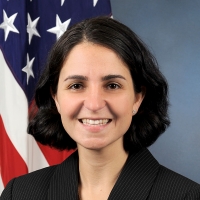
Panelist
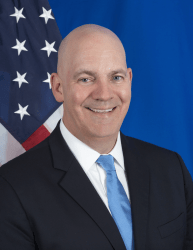


10:30 am - 10:50 am
Moderator

Keynote
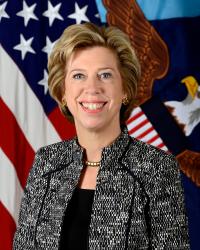
10:50 am - 11:30 am
Is defense spending destined to plummet as a result of the global pandemic and associated economic downturn? How can resources be allocated more effectively? What capabilities do Europeans need given the range of challenges they face? How can U.S. and European institutions improve their pandemic preparedness?
Moderator

Panelist

11:30 am - 12:15 pm
What are the main challenges on the ground and how can trans-Atlantic military cooperation help to address them? How are Operation Irini and the EU Training Mission in Mali supporting security and stability? How can we support our partners to address the COVID-19 crisis, including through civil-military cooperation? Is there any role for NATO to step up its engagement in Africa?
Panelist
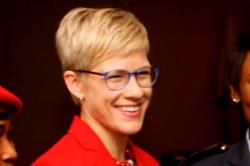
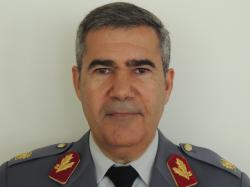
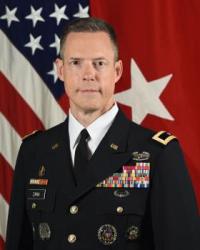
12:15 pm - 12:35 pm
Moderator
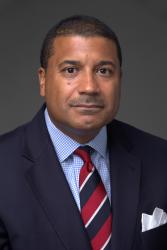
12:35 pm - 12:55 pm
This panel will look at U.S. withdrawal from the INF treaty citing Russian violations and what comes next, the German decision on dual-capable aircraft, and the future of the arms control/non-proliferation regime including New START as well as the need to expand key frameworks to include China.
Moderator

Panelist
![Susanne Baumann, Leiterin der Abteilung fuer internationale Ordnung, VN und Ruestungskontrolle. Berlin 30.07.2018 Copyright: Thomas Imo/ photothek.net [Tel. +493028097440 - www.photothek.net - Jegliche Verwendung nur gegen Honorar und Beleg. Urheber-/Agenturvermerk wird nach Paragraph13 UrhG ausdruecklich verlangt! Es gelten ausschliesslich unsere AGB.]](https://www.brookings.edu/wp-content/uploads/2020/06/SB-Portraet.jpg?quality=75&w=250)
12:55 pm - 1:00 pm
DAY TWO
Thursday, July 9
9:00 am - 9:05 am
9:05 am - 9:15 am
Keynote
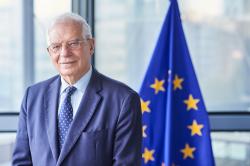
9:15 am - 9:45 am
9:45 am - 10:45 am
What can the EU, NATO and the U.S. do to reinforce each other on resilience building, protection of critical infrastructure and assets, hybrid, and 5G? What are the opportunities and challenges to increase military mobility? What are the perspectives for future EU-NATO cooperation in Europe as well as in operational theaters such as Afghanistan and Iraq?
Panelist
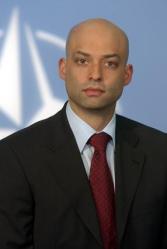


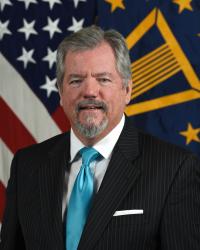
10:45 am - 11:00 am
11:00 am - 12:00 pm
How can the United States and Europe cooperate on defense policy to address the China challenge? What are the key differences likely to be? Is some decoupling necessary, especially with regard to technology and supply chains for other critical supplies? What are the implications of 5G security on defense cooperation? How can the U.S., the EU, and NATO foster innovation to better leverage AI and work together towards setting international rules for their use? Can we preserve space for cooperation with China, and if so, how?
Panelist

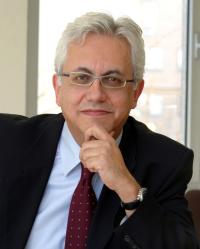
12:00 pm - 12:40 pm
Panelist
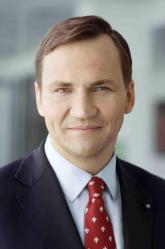
12:40 pm - 1:00 pm

Constanze Stelzenmüller
April 22, 2024
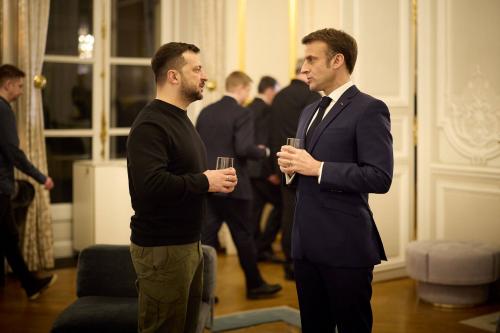
Tara Varma, Bruno Tertrais, Jim Townsend, Andrea Kendall-Taylor
April 5, 2024

Steven Pifer, John Herbst
March 25, 2024